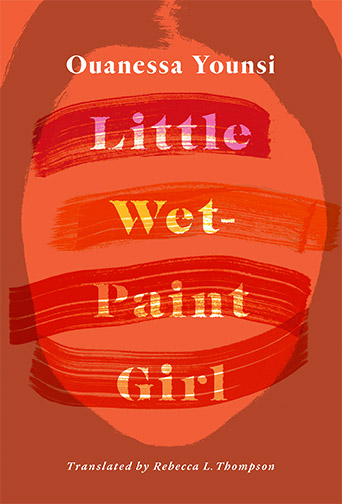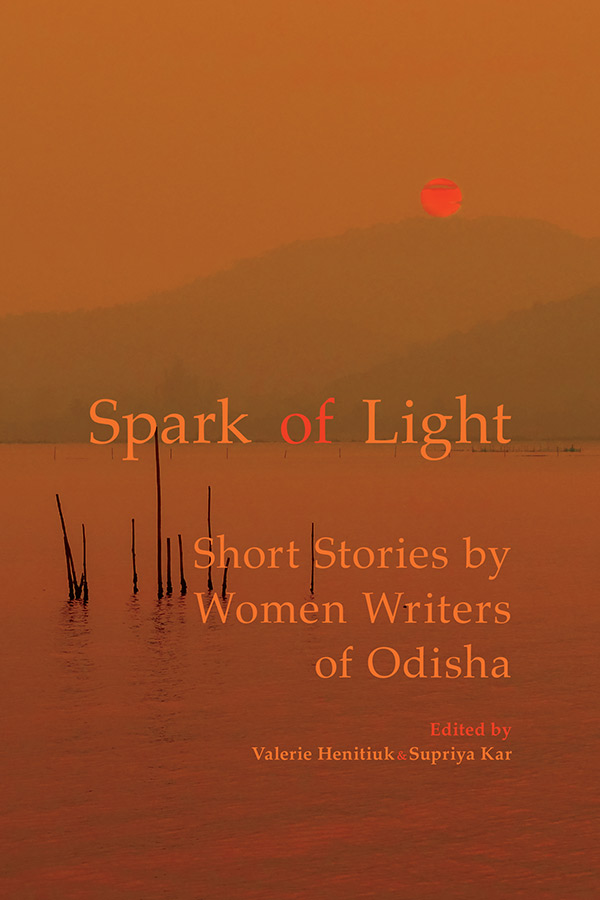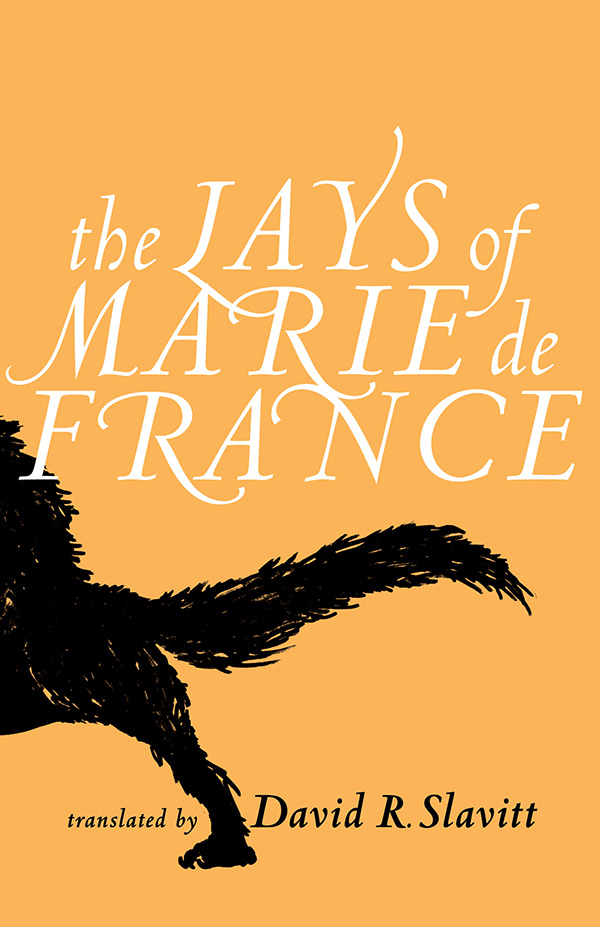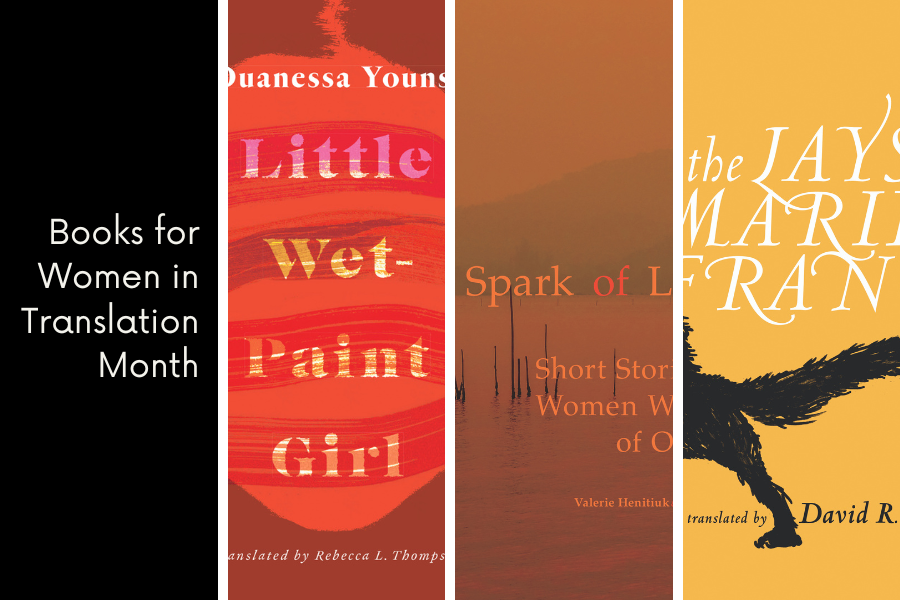In 2014, Meytal Radzinski, a young scholar, founded Women in Translation Month to be held annually in August in response to the gender disparity she noticed in works of translation. Radzinski’s goal was to encourage people to read more books by women in translation and increase awareness about the gender disparity in the field. Since 2014, she has collected yearly statistics on the publication of women in translation, requested statements from publishers on their lack of works by women in translation, published countless reading lists, and advocated tirelessly for more attention to be paid to this matter.
Our list of titles by women in translation is growing and in October, we will add Little Wet-Paint Girl by Ouanessa Younsi, translated by Rebecca L. Thompson to our collection. In this intensely personal recitation on identity and ethnicity, Younsi takes the reader on a surreal odyssey through a liminal world of belonging and unbelonging, absence and presence, mind and body. Her visionary work, first published in French, is unsettling, riveting and guaranteed to leave readers contemplating the existential mysteries of “self.”
Translator Rebecca Thompson writes in her note: “The translation of poetry is a long walk. You seek some sort of origin, try to discover some text that fixes your feet firmly in one direction. You look ahead at the landscape, try to get a look at the text’s face, evaluate your expectations and aspirations, and then you make start making decisions. Then you take a step. Then another. If all goes well, if the origin was steady and the steps line up as required, you will end up at a destination. That’s the process, defined as concretely and as specifically as I’m able: discover, decide, then step and repeat.”

Other translated works by women

Spark of Light: Short Stories by Women Writers of Odisha edited by Valerie Henitiuk and Supriya Kar
KK Mohaptra translated “The Mendicant” by Reba Ray for this collection. In a 2017 interview, he notes “‘The Mendicant’ is historically significant: published in 1899, it was the first short story to appear in print by an Odia woman writer. That apart, it’s a remarkable story for breaking the stereotypical portrayal of women and dealing with the social issues of the late nineteenth century in Odisha.”
The Lays of Marie de France by Marie de France, translated by David R. Slavitt
Marie de France, the earliest known French woman poet, wrote lively but profound considerations of love, life, death, fidelity and betrayal, and luck and fate. She offers acute observations about the choices that women make, startling in the late twelfth century and challenging even today. Combining a woman’s wisdom with an impressive technical bravura, the lays, presented in sprightly English verse by poet and translator David R. Slavitt, are a treasure of European culture.



